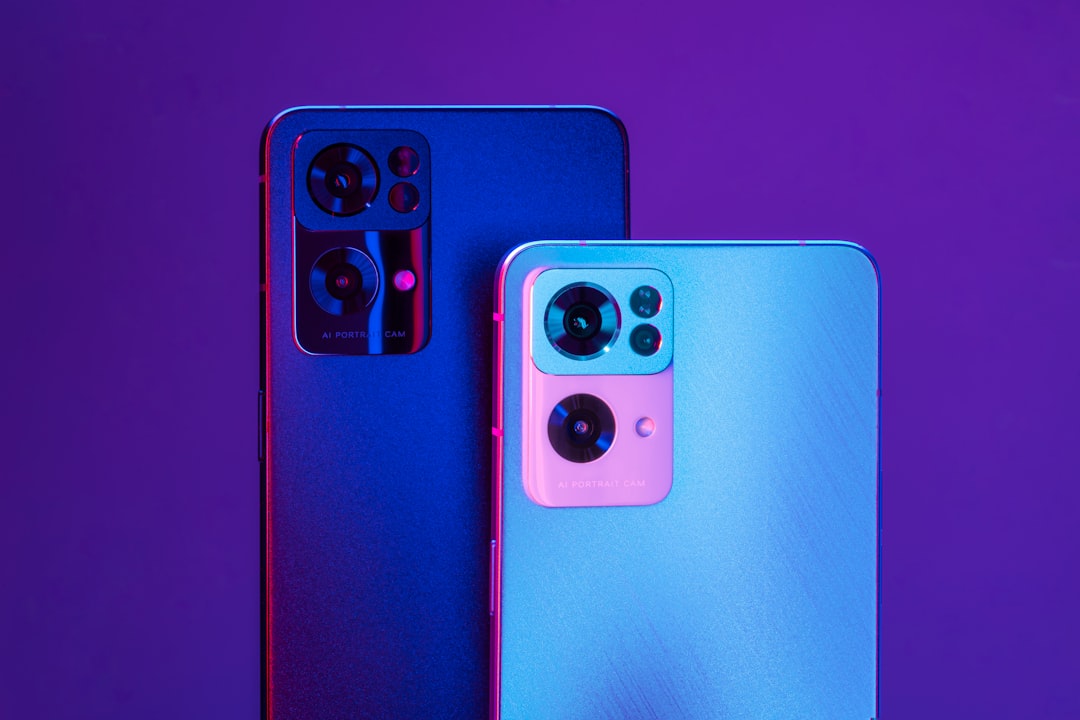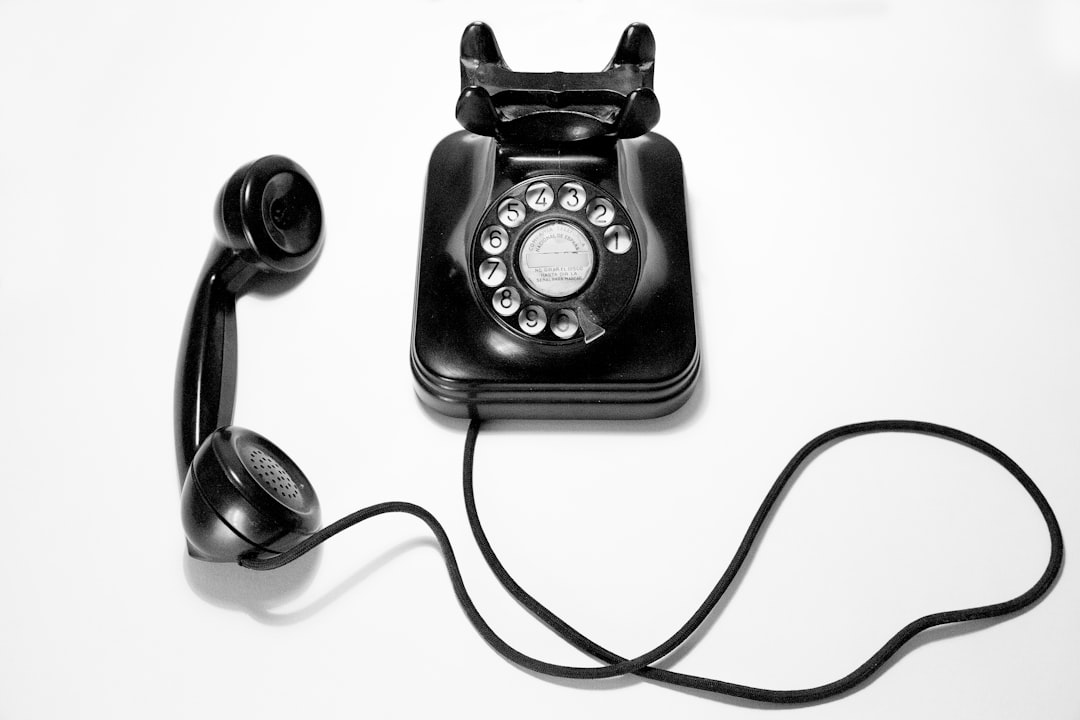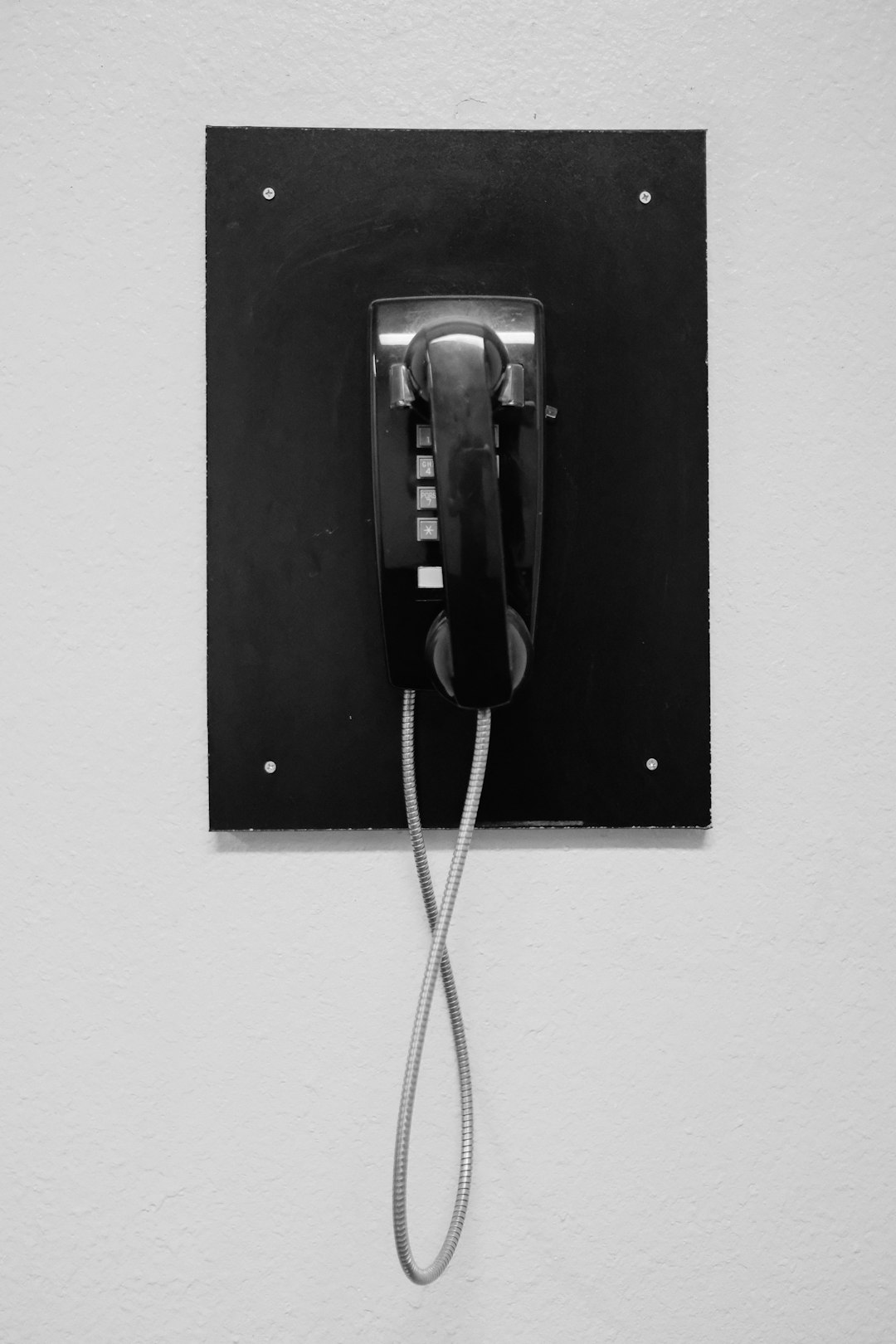In Iowa, state laws protect consumers from unwanted robocalls and autodialers, especially from debt collectors. Explicit consent is required for automated marketing or debt collection calls, with penalties for violations. A specialized robocall lawyer ID or attorney ID can help protect against unwarranted intrusions, particularly when dealing with a debt collector calling wrong number. Following best practices and offering transparent information deters autodialers while ensuring compliance. For persistent unwanted calls, consulting a robocall lawyer is recommended to understand rights under the TCPA and represent against mistaken targeting.
In Iowa, the unauthorized use of autodialers to make robocalls is a growing concern. This article delves into the state’s laws surrounding these automated calls, especially when they involve debt collectors. We explore when express permission is required and the legal implications of incorrect numbering.
Learn about your rights, effective strategies to stop unwanted calls, and successful cases against violators. If you’ve been affected by robocalls or debt collector misdials, discover how a specialized robocall lawyer ID or debt collector calling wrong number law firm ID can assist in navigating legal complexities and protecting your privacy.
- Understanding Iowa's Laws on Autodialers and Robocalls
- When is Express Permission Required for Autodialed Calls?
- The Impact of Unwanted Debt Collector Calls
- Legal Implications of Calling the Wrong Number
- Identifying Yourself as a Lawyer or Law Firm: Best Practices
- Strategies to Stop Unwanted Robocalls and Protect Your Rights
- Case Studies: Successful Claims Against Violators in Iowa
- Choosing the Right Legal Representation for Robocall Issues
Understanding Iowa's Laws on Autodialers and Robocalls
In Iowa, the use of autodialers and robocalls is regulated by state laws aimed at protecting consumers from unwanted and deceptive phone calls. Specifically, Iowa law prohibits debt collectors and others from using automated dialing systems or pre-recorded messages to contact individuals without their prior express consent. This includes calls made to wrong numbers, which can still trigger legal action if the caller is a debt collector.
If you’re facing relentless robocalls, especially from debt collectors targeting the wrong number, it’s crucial to consult with a robocall lawyer ID or debt collector calling wrong number law firm ID. Legal experts specializing in this area can guide you through your rights and options, ensuring compliance with Iowa’s strict regulations on robocall attorneys ID and lawyers for debt collector calling wrong number ID.
When is Express Permission Required for Autodialed Calls?
In Iowa, express permission is required for autodialed calls from robocall lawyers or debt collector calling wrong numbers. This means that if a law firm or debt collection agency uses automated dialing systems to contact consumers, they must first obtain explicit consent from the recipients. Such authorization can be obtained through various methods, such as when a consumer signs up for a service over the phone or checks a box agreeing to receive automated messages.
The need for express permission arises from consumer protection laws designed to curb unwanted and intrusive robocalls. A robocall lawyer ID or debt collector calling wrong number law firm ID must ensure that their dialing practices comply with these regulations, which include provisions against unsolicited calls and the requirement to identify themselves accurately. Therefore, when a consumer does not explicitly agree to receive autodialed calls, it is considered a violation, and individuals affected by such calls may seek legal redress from a robocall attorney ID specializing in debt collector calling wrong number cases.
The Impact of Unwanted Debt Collector Calls
Unwanted phone calls from debt collectors can have a significant and detrimental impact on individuals’ lives. These robocall lawyers or attorneys, often using automated dialing systems, contact people with seemingly random numbers, leaving many to wonder who is calling and why. When these calls involve mistaken identities, it can lead to unnecessary stress, anxiety, and even financial strain for the recipients. Many people mistakenly believe they owe money, leading to a false sense of debt and potential harm to their credit score.
Such incidents have prompted discussions about consumer protection laws and the need for legal recourse. Individuals who find themselves on the receiving end of these harassing calls, especially when they are the result of a debt collector calling wrong number, may consider seeking legal advice from a specialized law firm. A robocall lawyer ID or robocall attorney ID can provide guidance and help navigate the legal options available to protect against such unwarranted intrusions, ensuring that individuals’ rights are upheld in this digital age.
Legal Implications of Calling the Wrong Number
Calling the wrong number can have significant legal implications, especially when it involves automated dialing systems or robocalls. In Iowa, as in many other states, there are strict regulations in place to protect consumers from unsolicited phone calls, particularly those made by debt collectors or using automated technology. If a robocall attorney ID or debt collector calling wrong number law firm ID violates these rules, it could lead to legal action against the caller.
The use of an express permission mechanism is crucial to avoid such issues. Without explicit consent from the recipient, making automated calls for marketing purposes or debt collection is often considered a violation of consumer privacy laws. A robocall lawyer ID or robocall attorneys ID may face penalties and lawsuits if found guilty of making unwanted calls, especially if they persist despite requests to stop. It’s advisable to seek legal counsel from a reputable law firm specializing in these issues, such as one focused on debt collector calling wrong number cases, to understand the best course of action to take if you’ve been affected by unauthorized robocalls.
Identifying Yourself as a Lawyer or Law Firm: Best Practices
When identifying yourself as a lawyer or law firm in Iowa to address issues related to unwanted autodialer calls, such as robocalls or debt collector misdials, it’s crucial to follow best practices to ensure compliance with state laws and effective communication. Always provide clear and concise information about your identity and the purpose of the call. For instance, you might say, “This is [Law Firm Name], calling regarding a potential issue with unauthorized autodialer activity.”
Using specific terminology like “Robocall Lawyer ID” or “Debt Collector Calling Wrong Number Law Firm ID” can help clarify your professional role and the context of the call. Avoid vague or misleading statements. Be prepared to offer contact details, including a physical address, phone number, and website, to verify your identity as a licensed legal professional. This approach ensures that you maintain transparency while deterring autodialers and debt collectors from further unwanted contact.
Strategies to Stop Unwanted Robocalls and Protect Your Rights
Unwanted robocalls can be a nuisance and a violation of your privacy. To combat this issue, several strategies are available to protect yourself from unsolicited calls. One effective approach is to register your phone number with Do Not Call registries. These national and state-level lists restrict telemarketers from contacting you without prior consent. Additionally, many phone companies offer call-blocking features that can help filter out unwanted robocalls.
If you’re facing relentless debt collector calls or experiencing harassment from robocall lawyers, seeking legal advice is a prudent step. A robocall lawyer or attorney specializing in telecom law can guide you on the best course of action. They can represent your interests and help you understand your rights under the Telephone Consumer Protection Act (TCPA), which regulates automated telemarketing calls and texts. Contacting a reputable debt collector calling wrong number law firm is crucial if you’ve been mistakenly targeted, ensuring your legal rights are protected.
Case Studies: Successful Claims Against Violators in Iowa
Choosing the Right Legal Representation for Robocall Issues
When navigating the complexities of robocall issues in Iowa, it’s paramount to select a legal team with specialized expertise and a proven track record in handling such cases. A robocall lawyer ID or robocall attorney ID signifies a professional who has demonstrated proficiency in defending clients against unauthorized autodialer use and misdirected debt collector calls. These legal experts are well-versed in the nuances of consumer protection laws, including the Telephone Consumer Protection Act (TCPA).
Choosing a law firm with a focus on debt collector calling wrong number cases is ideal, as they can provide tailored strategies to mitigate harm and secure compensatory damages. Such firms often have access to advanced legal resources and industry insights, enabling them to effectively advocate for your rights against intrusive robocalls. Engaging a reputable robocall lawyer ID or robocall attorneys ID from a specialized law firm ensures you receive aggressive representation and the best possible outcome in resolving your robocall-related issues.






